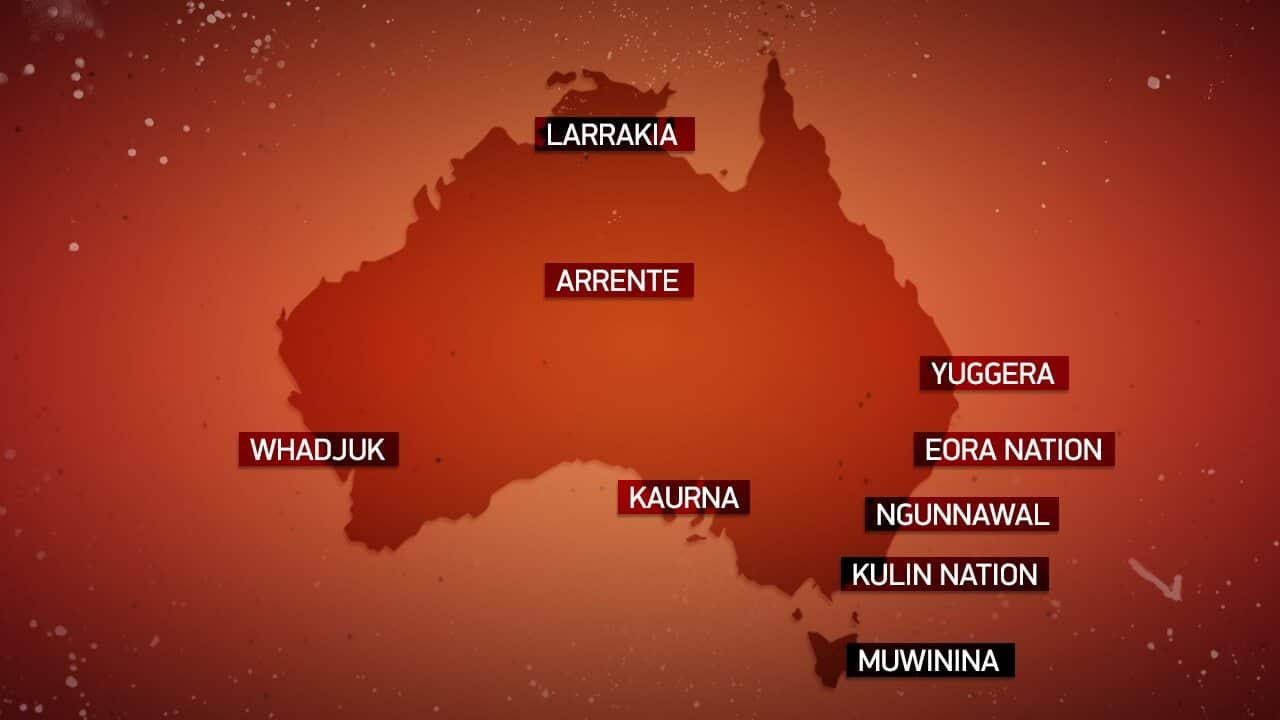Across the country, January 26 is a public holiday that will see many communities light up a barbecue and enjoy a day off and the end of the summer holidays. It's the day hundreds of Australian citizens will be recognised with national honours and for their community service.
For many First Nations people, the day strikes a very different tone and is a day of , as it marks the beginning of a colonial invasion by the British resulting in war, genocide, racism, and other atrocities against First Nations people for generations.
Against this backdrop, thousands of new and existing migrant communities will celebrate achieving citizenship in Australia.
So, should a day mired in conflict, that marks the arrival of the First Fleet, be the same date people from multicultural backgrounds celebrate unity under the Australian flag? It's a question multicultural communities are grappling with.
'We should cultivate a sense of belonging'
According to the 2021 Census, more than seven million people or 29.3 per cent of Australia's population, excluding those with a birthplace not stated, were born overseas.
Assefa Bekele, from Sydney's Ethiopian community, has worked with the Indigenous community and has a keen interest in First Nations people’s history.
He says it is very important to cultivate a sense of belonging to a community or a nation.
“There must be some sense of belonging for every individual, every citizen and particularly those who came from overseas and Indigenous Australians who lived here for over 60,000 years," Mr Bekele said.
"And you know, it is better to share history, culture and everything and really develop the sense of belonging and togetherness.
“I don’t have any problem in changing the date, not at all. Australia is progressing and times are changing and people need to change with it.
Australia is a multicultural country and every single part of the Australian culture needs to be respected.Asefa Bekele
"At the end of the day, all of us just need peace, harmony and togetherness."
'Wrong day for a celebration'
Butchulla and Gubbi Gubbi man, Gavin Somers, is a singer-songwriter. He acknowledges the importance of having a day to celebrate Australia and being Australian however he says the current date is just the wrong day for a celebration.
“We need to have a date that we can celebrate proudly, alongside our allies, who are other multicultural groups who live here too," Mr Somers said.
"It’s important that we get together and actually celebrate this day on a date that we can actually all identify with.”
Australia Day generates difficult questions
Ngarrindjeri and Kaurna man and CEO of KWY, a non-profit, community-run Aboriginal organisation, Craig Rigney, says Australia Day continues to throw up uncomfortable questions.
On Australia Day, we should take a moment to ask ourselves: 'How do we see each other?'Craig Rigney
"Do we see ourselves in a picture with a shared future?" Mr Rigney said.
"I feel that will determine our destinies, our futures, how we treat ourselves and how we treat one another."

Cr Angelica Panopoulos Credit: Angelica Panopoulos
Council Mayor, Angelica Panopoulos, says that the date - January 26- is closely connected to the beginning of centuries of struggle for First Nations people.
“It is the day (in 1788) that captain Arthur Philip (and the First Fleet) came to Australia and the dispossession and genocide began," she said.
“The fact is that we've still got huge issues with intergenerational trauma, systemic racism and the criminal justice system that are legacies of this (colonisation).
"And so that’s why it is very important that we listen when we are told by First Nations people that January 26 is not a day to celebrate."

Mr Rigney says it's time Australia listened and learned from those uncomfortable with the current date of Australia Day.
"As part of this community, (and) as a part of this nation, I believe we will learn to acknowledge, to love with respect one another and this country that we call Australia."
However, he said the question on what day Australians should celebrate still misled and divided people.
He said the current iteration of Australia Day as being on January 26 was relatively new and had only been Australia-wide since 1994.



